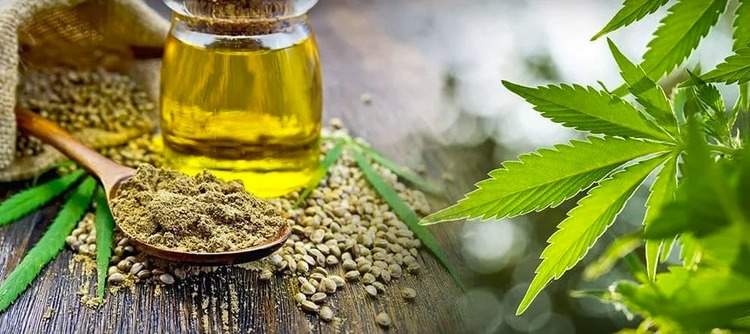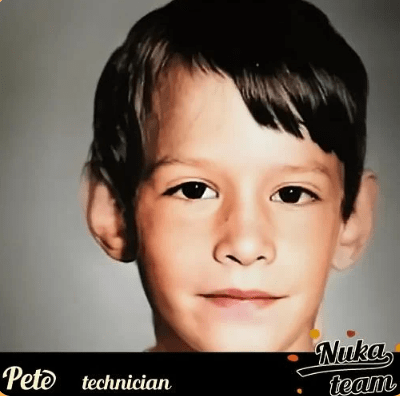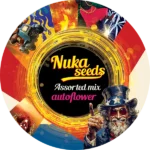English
Autism Spectrum Disorders (ASD)
Autism is a series of disorders of the nervous system. Symptoms include impaired communication and social interaction with repetitive or restricted motor movements.
Autism can be diagnosed at any age. But because it is a developmental disorder, symptoms usually appear within the first two years of life. In the long term, people with autism may have difficulty performing everyday tasks, forming and maintaining relationships, or even keeping a job.

In recent years, a growing number of human studies and case reports have documented improvements in autism patients after administration of various cannabinoid preparations.
A 2019 observational study done in Brazil found that administering CBD extracts from cannabis plants twice a day led to improvements in autism symptoms in 14 out of 15 of the adolescent subjects.
They have also documented good results in Israel. In the 2018 issue of Neurology, they report that administration of CBD-dominant cannabis extracts led to significant improvement in 60 percent of patients with resistant behavioral problems.
The 2019 study included 188 patients and reported that more than 90 percent of subjects who were administered CBD-dominant extracts for at least six months demonstrated a significant level of symptomatic improvement.
A reduction in the amount of other medication given was reported by up to one-third of respondents. Overall, the authors concluded that this is a well-tolerated and safe way to treat autism spectrum disorders. It is an effective means of relieving seizures, tics, depression and tantrums.
The following year, Canadian researchers documented the successful treatment of a 15-year-old autistic patient after adding low doses of CBD/THC cannabis extracts. The researchers reported that the patient’s symptoms improved within six months of treatment and that he has since experienced “positive effects on his behavioral symptoms, anxiety, sleep, and social deficits”

The most recent placebo-controlled clinical trial of 150 adolescents with autism reported that the administration of cannabis extracts was safe and effective. The researchers said, “In this study, we demonstrate for the first time in a placebo-controlled trial that cannabinoid treatment has the potential to reduce disruptive behaviours associated with ASD with acceptable tolerability.
… Disruptive behaviour on the CGI-I (Clinical Global Impression-Improvement scale) was significantly improved in 49% of whole-plant marijuana extracts versus 21% of placebo. The median SRS (Social Responsiveness Scale-Social Responsiveness Scale) total score improved by 14.9 points for whole plant extract versus 3.6 points for placebo.”
A 2021 review of the relevant literature summarizes, “Cannabis plant products have been shown to reduce the number and/or intensity of a variety of symptoms, including hyperactivity, bouts of self-harm and anger, sleep problems, anxiety, restlessness, psychomotor agitation, irritability, aggression, persistence, and depression.
In addition, they are associated with improvements in cognitive abilities, sensory sensitivity, attention and social interaction.” The authors conclude, “Cannabis and cannabinoids may have promising effects in the treatment of ASD-related symptoms and may be used as a therapeutic alternative to relieve these symptoms.“
Israeli scientists say their work could cause a major breakthrough in research because it suggests that THC is a more promising cannabinoid than CBD. After studying a large number of autistic mice, scientists from Tel Aviv University also concluded that the compound THC may be more effective…
“The studies that are going on usually don’t focus enough on the details of what’s in cannabis that can help people,” researcher Shani Poleg told The Times of Israel. “In our study, we looked at the details and came up with surprising and interesting findings. “THC was more effective.
The main difference was that the THC treatment also improved social behavior, not just repetitive compulsive behavior.” CBD mostly helped the mice in the study deal with recurrent compulsive behavior.
While THC does cause a high, research has suggested that the amount of the compound needed to achieve results is small. “The study shows that high levels of CBD and THC are not needed when treating autism with medical cannabis.
Significant improvements in behavioural tests were observed after treatment containing small amounts of THC, and no long-term negative effects were observed in cognitive or emotional tests conducted a month and a half after starting treatment.
Discussing why cannabis products can benefit, she said:
Shani Poleg stressed that the research, overseen by Professor Daniel Offen and recently peer-reviewed and published in the journal Translational Psychology, is preliminary and should not be considered a recommendation for treatment.
She also noted that the mutation that caused autism in her mice, Shank3, is responsible for only a small minority of human autism cases.
“However, we hope that this may both encourage further research into the use of medical cannabis in the treatment of autism and lead to the use of a better type of cannabis,” she said.
In our seed bank NukaSeeds you will find the CBD Cleopatra variety, which has a reduced THC content of 7% and a high CBD content of 14%, so it is possible that this cannabis plant could help you fight autism.
Published by Peca Sarm
21/02/2022choose and buy cannabis seeds from our offer
our pleasure

























